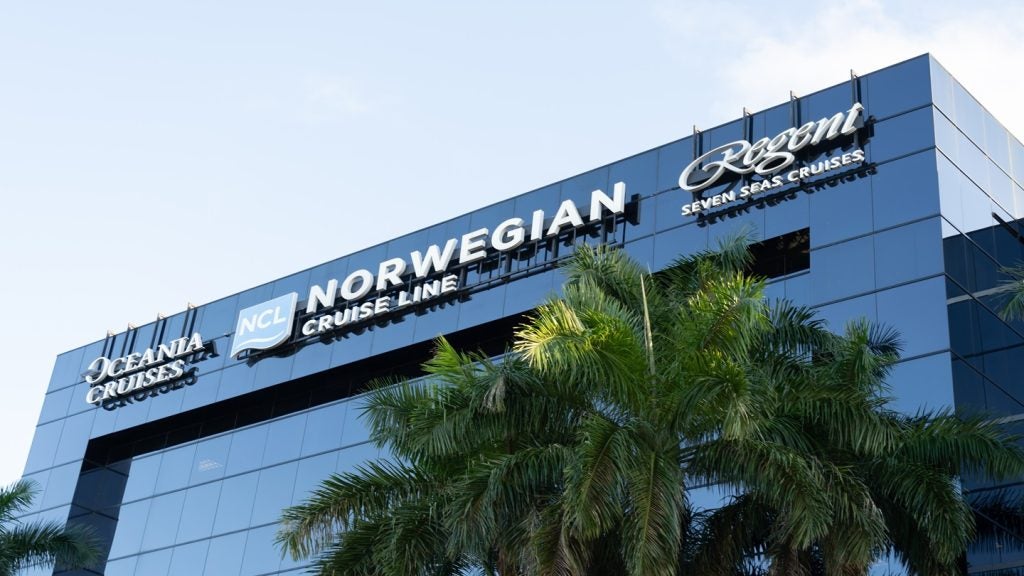China has added six new ports under its Emission Control Area (ECA) regulations, which requires ships berthing at those ports to use fuel containing a maximum sulphur content of 0.5%.
The newly added ports include Guangzhou, Huanghua, Qinhuangdao, Tangshan, Tianjin, and Zhuhai.
These ports will have to comply with the ECA rule from this month.
The country’s ECA regulation, which was implemented in April last year, already includes five ports, namely Shanghai, Nantong, Ningbo-Zhoushan, Suzhou, and Shenzhen.
Global mutual marine liability insurer London P&I Club has advised the country that it would be helpful if ship owners understand the details of the berthing period, during which low sulphur fuel needs to be used.
For example, currently at the port of Shanghai, the berthing period runs from when the ship is firmly fastened to a bollard until all cables are untied, while in Suzhou and Nantong ports, the relevant period is within one hour after arrival and one hour before departure.
How well do you really know your competitors?
Access the most comprehensive Company Profiles on the market, powered by GlobalData. Save hours of research. Gain competitive edge.

Thank you!
Your download email will arrive shortly
Not ready to buy yet? Download a free sample
We are confident about the unique quality of our Company Profiles. However, we want you to make the most beneficial decision for your business, so we offer a free sample that you can download by submitting the below form
By GlobalDataShips berthing in the port of Shanghai can seek for exemption if the low sulphur fuel oil is unsafe to be used.
London P&I Club stated: “Members should review their bunkering and fuel changeover arrangements to ensure compliance with these regulations.
“In particular, members should ensure that documentary records are in order (as local authorities may inspect them) and fuel samples are kept (as appropriate) to avoid delays and penalties being imposed.”
P&I club also advised that China’s future stages in its ECA regulation from 2018 may require low sulphur fuel to be used during the entire berthing period.







